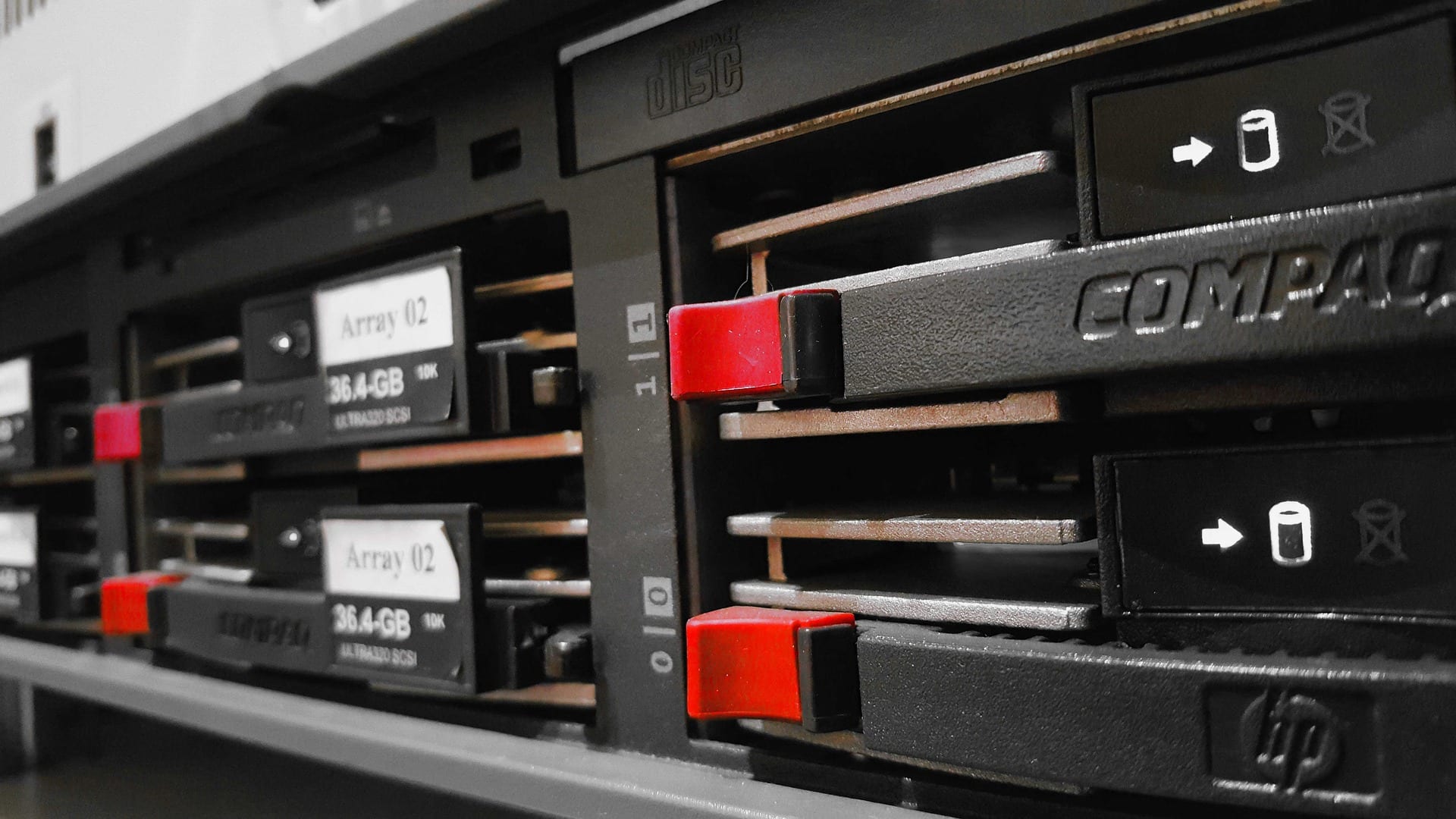How not to back up your data & important information
Your customer files, your accounts, your website, your contacts, your designs, your images. Anything you can’t do without needs a safety net.
Backing up isn’t just common sense – it could be a condition of your business insurance too. And not doing it the right way could mean your business insurance policy not paying out at the time you need it most.
The good news is it’s easy.
Back up, move forward
The thing to remember here is the difference between ‘backing up’ and ‘transferring’.
Moving data from, say, your laptop to an external hard drive and then deleting that data from the laptop isn’t backing up. It’s transferring. If that external hard drive is damaged, you’re no better off.
Backing up means copying. In this same example, you’d copy the data from your laptop to the external hard drive but leave it on the laptop too. That way, if one device is damaged, you’re still OK.
The difference between these two things matters if you want to include loss of data in a claim for damaged equipment. An insurer’s ‘portable equipment’ policy wording will typically say something along these lines:
“You must take all reasonable steps to make back-up copies of data at least once a week and keep the copies separate.”
So, if you haven’t backed up in the way your insurer specifies, it could mean potentially losing your data and some or all of what your insurer would pay. Not ideal.
To avoid that happening, remember these basics:
- Back up, don’t transfer
- Keep your data storage devices separate
- Read your business insurance policy wording


